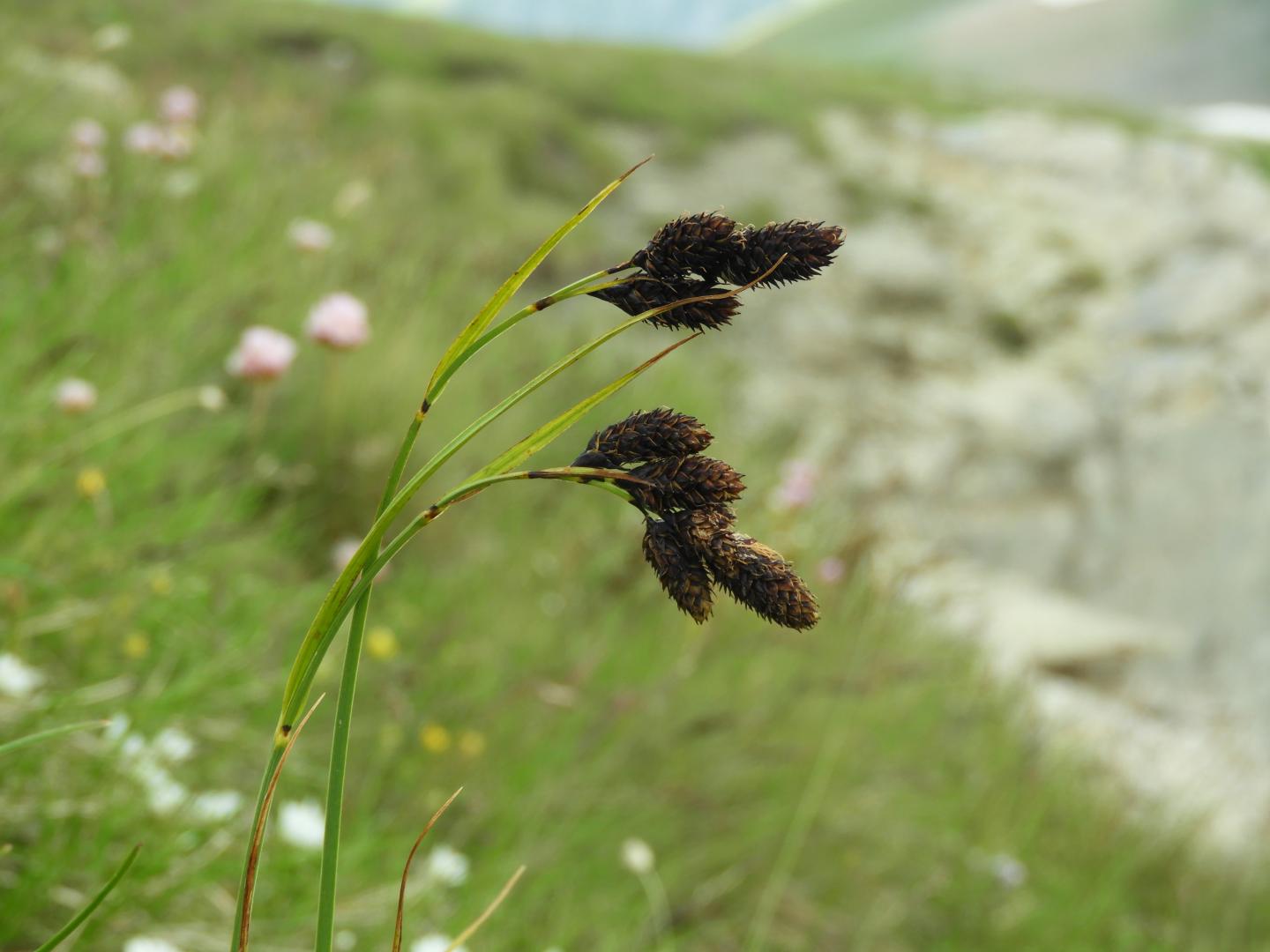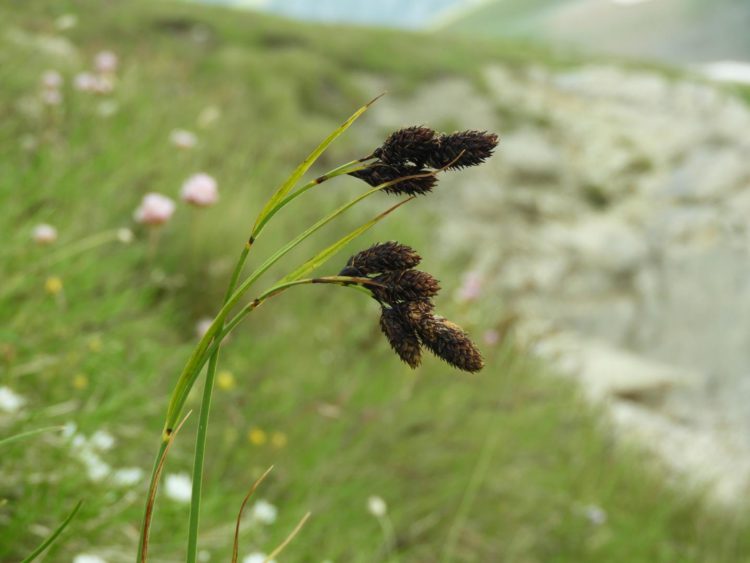This is one of the conclusions of an international study focused on the causes of the evolutionary success of Carex, one of the genera of flowering plants with the highest number of species in the world

Credit: ©pablodeolavide
In the current climate change scenario, an international team led by researchers from Pablo de Olavide University (UPO) and the Autonomous University of Madrid (UAM) has carried out research that suggests global warming could have a negative impact on the processes that generate biodiversity. This is one of the conclusions of a study, recently published in the international scientific Journal of Systematics and Evolution, that focuses on the causes of the evolutionary success of Carex, one of the worlds’ three largest genera of flowering plants. The results suggest that this success is linked to the relatively cold climate of the planet during the last 10 million years, which favoured the colonization of new territories and ecosystems.
Carex is a group of herbs belonging to the sedge family (Cyperaceae), a family that includes well-known species as papyrus or tiger nut. More than 2000 Carex species are known throughout the world and inhabit a wide variety of ecosystems, from the poles to the tropics and from the coasts to the highest mountains, although always linked to areas with temperate and cold climates. In many regions, especially in the northern hemisphere, their species are part of certain types of dominant vegetation and play a fundamental ecological role in habitats as varied as tundra, grasslands, wetlands, peat bogs, river and lake borders, or forest understories. In addition, these plants are an important food source for numerous waterfowl and herbivorous mammals, and some of them exhibit medicinal or nutritional properties exploited by humans.
The study was focused on the analysis of the causes for the enormous diversity of Carex species, concluding that climate cooling was a key factor behind their speciation. “The study is the first to deal with global distribution patterns and diversification of a megadiverse genus of plants and suggests that not only is climate warming causing the extinction of species, but also could negatively affect the processes that generate them,” says Santiago Martín-Bravo, researcher at UPO’s Botany Area and one of the study’s main co-authors.
In this study genetic and fossil information was combined to unravel the causes of Carex global diversification. The work shows that this genus originated in Asia, from where it has been able to colonize regions around the world and remarkably different ecological niches. During this process, Carex has been clearly favoured by the cold global climate sustained for the past 10 million years. This is evidenced by the concurrence of regional cooling events such as the freezing of Antarctica or Pleistocene glaciations and the massive appearance of Carex species in regions affected by these climatic changes, e.g. North America or New Zealand.
The conclusions of this work are of broad general interest to understand how, when and why species are generated, as well as the causes of their uneven distribution, and especially the role of the global climate as a driver of the genesis of biodiversity. “These questions are particularly significant in the current context of climate crisis and mass extinction of species, which emphasizes the need to know and understand how nature responds to the climate if we are to preserve and manage it in a sustainable way,” argues Pedro Jiménez-Mejías, researcher of UAM’s Botany Area and another of the main co-authors of the work.
The study featured on the cover of November issue of the international scientific journal Journal of Systematics and Evolution. It represents the culmination of more than a decade’s work initiated with Jiménez-Mejías’ postdoctoral project, developed in the United States, and has enabled international collaboration between a group of evolutionary biologists and botanists from institutions in ten countries, among which Spain (with researchers from the universities Pablo de Olavide, Autonomous of Madrid and Seville, as well as the Royal Botanic Gardens in Madrid) and the United States stand out.
###
Media Contact
Santiago Martín Bravo
[email protected]
Related Journal Article
http://dx.





